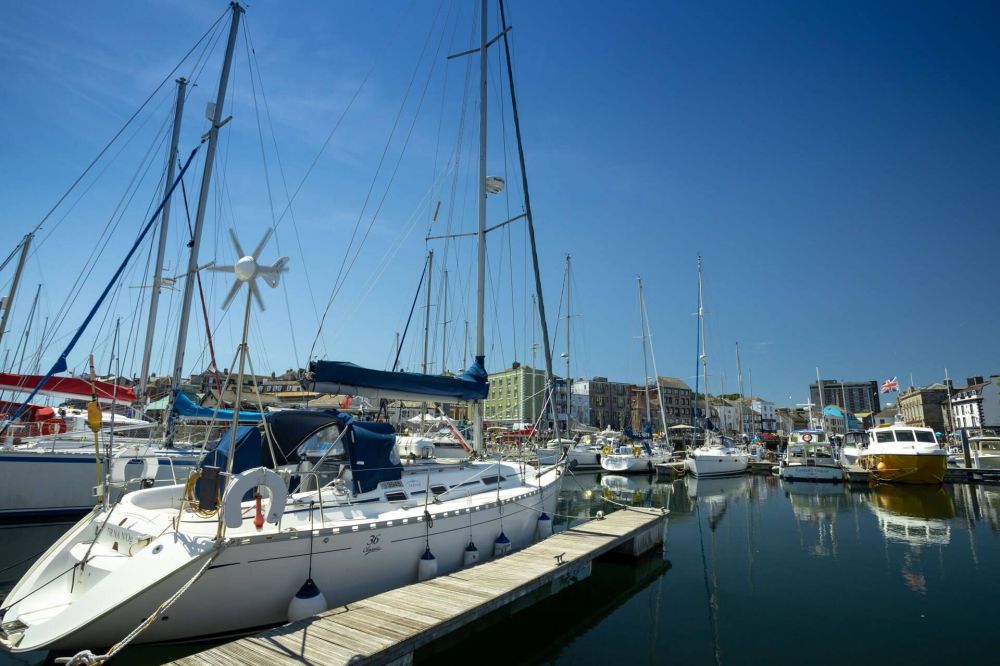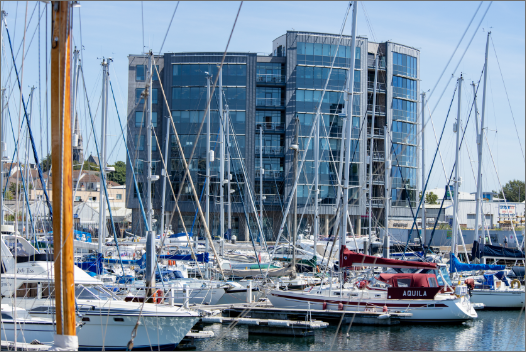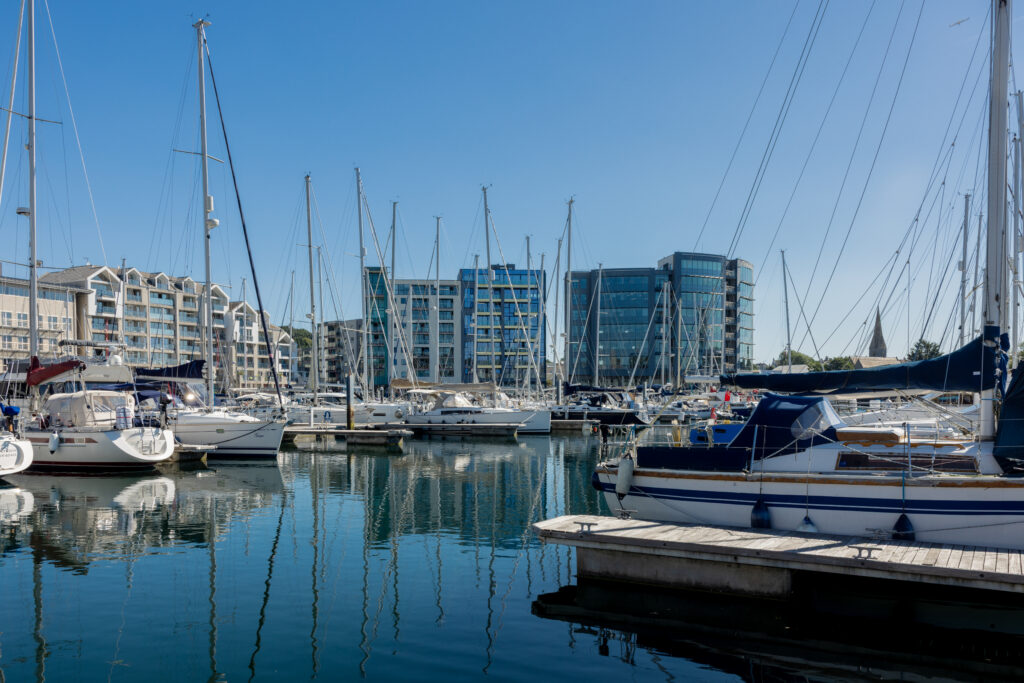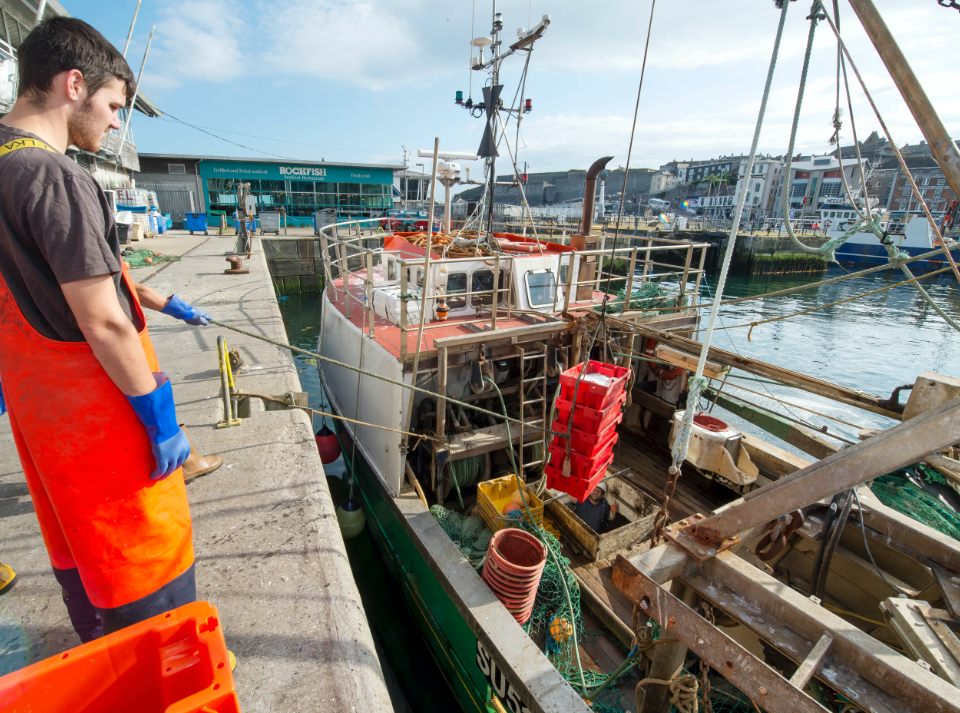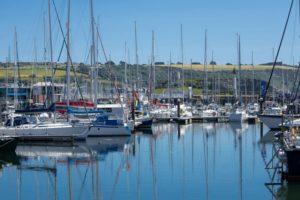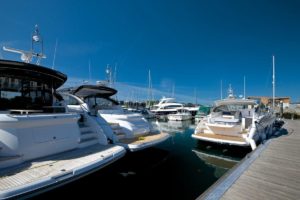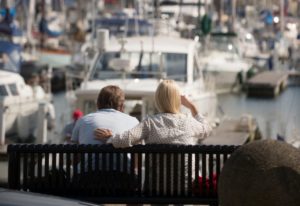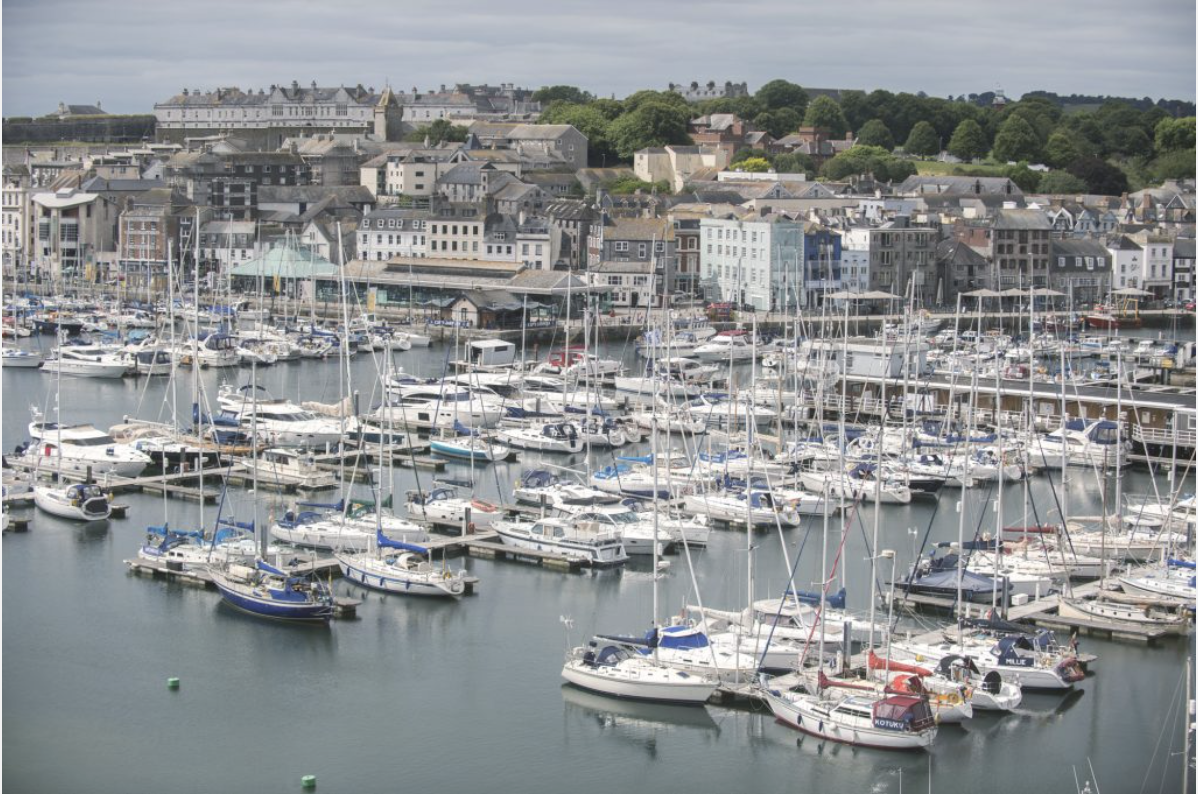Sailing offers a unique way to connect with nature, explore beautiful coastlines, and experience the tranquillity of open waters. However, with this privilege comes the responsibility to protect the marine environment. Eco-friendly sailing practices are essential to preserving the UK’s stunning waters and coastal ecosystems for future generations. Here’s how to make your sailing adventures more sustainable and environmentally friendly.
1. Reduce Waste Onboard
One of the simplest and most effective ways to practice eco-friendly sailing is by reducing waste onboard. Start by minimising single-use plastics and opting for reusable alternatives. Instead of plastic water bottles, use refillable stainless steel or glass bottles. Bring reusable shopping bags, containers, and cutlery to avoid disposable items.
Proper waste management is also crucial. Make sure to separate recyclables from general waste and store them securely until you can dispose of them properly onshore. Avoid throwing any trash overboard, even biodegradable items, as they can harm marine life or disrupt local ecosystems. Many marinas in the UK provide recycling facilities, so take advantage of them whenever possible.
2. Choose Eco-Friendly Products
The products you use onboard can significantly impact the marine environment. Opt for biodegradable, non-toxic cleaning products that do not contain harmful chemicals, which can leach into the water and affect marine life. Eco-friendly detergents and soaps are less likely to contribute to water pollution and are better for both the environment and your boat.
When it comes to boat maintenance, choose environmentally friendly paints, varnishes, and antifouling products. Traditional antifouling paints often contain toxic substances that can harm marine organisms. Look for products that are copper-free and have low levels of volatile organic compounds (VOCs) to minimise your environmental footprint.
3. Respect Marine Life
Respecting marine life is a cornerstone of eco-friendly sailing. The UK’s waters are home to diverse species, including seals, dolphins, whales, and seabirds. When sailing, always keep a safe distance from wildlife to avoid disturbing their natural behaviour. Slow down if you encounter marine mammals, and never approach or chase them.
Fishing is a popular activity while sailing, but it’s essential to practice sustainable fishing methods. Adhere to local regulations regarding catch limits and sizes, and consider catch-and-release fishing to minimise your impact. Avoid anchoring in sensitive habitats like coral reefs or seagrass beds, as anchors can cause significant damage to these fragile environments.
4. Support Local Conservation Efforts
Engaging with local conservation initiatives is an excellent way to contribute to preserving the UK’s marine environment. Many coastal areas have volunteer programs, beach cleanups, and conservation projects that welcome sailors’ participation. Joining these efforts helps protect local ecosystems and fosters a deeper connection to the environment you’re sailing in.
Additionally, consider supporting organisations that work to protect marine habitats and wildlife. Donating to conservation charities or participating in citizen science programs can make a meaningful impact. For example, reporting wildlife sightings to local conservation groups can provide valuable data for research and monitoring.
5. Optimise Sailing Practices
Eco-friendly sailing also involves optimising how you sail to minimise your carbon footprint. Use wind power as much as possible to reduce reliance on engines and fuel. When you do need to use your engine, keep it well-maintained to ensure it runs efficiently and emits fewer pollutants. Consider installing a sailboat-specific solar panel or wind turbine to generate renewable energy for onboard electrical needs.
Plan your routes carefully to avoid unnecessary travel and fuel consumption. By considering tides, currents, and weather conditions, you can sail more efficiently and reduce your environmental impact.
Conclusion
Eco-friendly sailing is about making conscious choices that reduce environmental impact while enjoying the beauty of the UK’s waters. By reducing waste, using eco-friendly products, respecting marine life, supporting local conservation efforts, and optimising your sailing practices, you can help preserve these precious environments for future generations.

